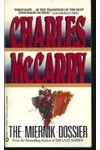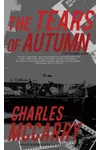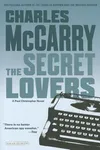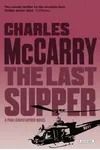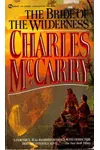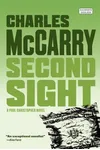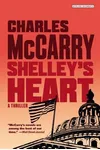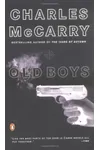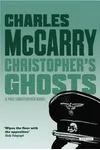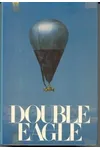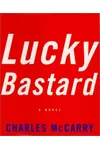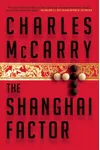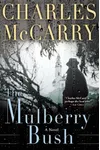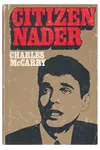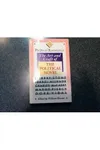Picture an American storyteller who traded the shadowy world of espionage for the thrill of the page—meet Charles McCarry! Born in 1930, this former CIA operative turned novelist wove intricate spy tales that captivated readers with their authenticity and moral depth. His Paul Christopher series, blending Cold War intrigue with human complexity, earned him praise as the 'dean of American spy writers.' Let’s dive into the life and legacy of this literary mastermind.
The Making of Charles McCarry
Born on June 14, 1930, in Pittsfield, Massachusetts, Charles McCarry grew up in the book-filled home of his mother, Madeline, a voracious reader. After graduating from Dalton High School, he enlisted in the U.S. Army, serving as a correspondent for Stars and Stripes. His early career took him from speechwriting for President Dwight D. Eisenhower to a decade-long stint as a CIA deep-cover operative, traveling across Europe, Africa, and Asia. These experiences shaped his keen eye for detail and the gritty realism that would define his fiction.
Charles McCarry’s Unforgettable Stories
McCarry’s debut novel, The Miernik Dossier (1971), introduced Paul Christopher, a principled CIA agent navigating the murky ethics of the Cold War. Written as a dossier of reports and letters, it showcased McCarry’s innovative style and knack for suspense. The Tears of Autumn (1974), often hailed as his masterpiece, explores a conspiracy behind John F. Kennedy’s assassination, blending historical intrigue with Christopher’s relentless pursuit of truth. The Secret Lovers (1977) delves into personal betrayal, as Christopher’s stoic facade cracks under emotional strain. His later work, The Shanghai Factor (2013), proved his storytelling prowess endured, crafting a modern tale of espionage in a globalized world. McCarry’s prose—literate, understated, and psychologically rich—set him apart, earning comparisons to John le Carré, though his optimistic view of American intelligence distinguished him.
His novels often explored themes of loyalty, betrayal, and the human cost of covert life, drawn from his CIA days. Yet, McCarry insisted he burned his real-life accounts, letting imagination fuel his plots while keeping the 'atmosphere of secret life'—its sensory and emotional weight—alive in his work. This balance of authenticity and creativity made his stories resonate with both spy fans and literary readers.
Why Charles McCarry Matters
Charles McCarry’s impact on espionage fiction is profound, with critics like Otto Penzler calling him 'the greatest espionage writer America has ever produced.' His Paul Christopher series redefined the genre, offering nuanced characters and plots that anticipated real-world issues, from cyber fraud in Shelley’s Heart to terrorism in The Better Angels. Beyond fiction, McCarry’s nonfiction, including biographies of Ralph Nader and Alexander Haig, showcased his versatility. His work continues to inspire writers like Olen Steinhauer, and his elegant prose elevates spy novels to literary art. McCarry, who passed away in 2019, remains a must-read for anyone craving intelligent, thrilling storytelling.
- Born: June 14, 1930, Pittsfield, Massachusetts
- Key Works: The Miernik Dossier, The Tears of Autumn, The Secret Lovers, The Shanghai Factor
- Notable Role: CIA operative (1958–1967)
- Died: February 26, 2019, Fairfax, Virginia
Snag The Tears of Autumn and dive into Charles McCarry’s world of espionage, where every page pulses with intrigue and heart!
